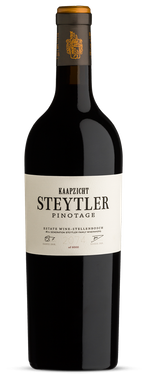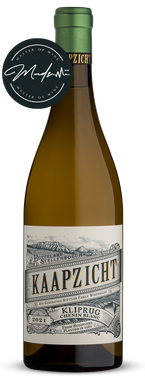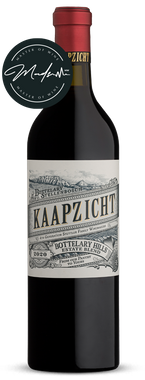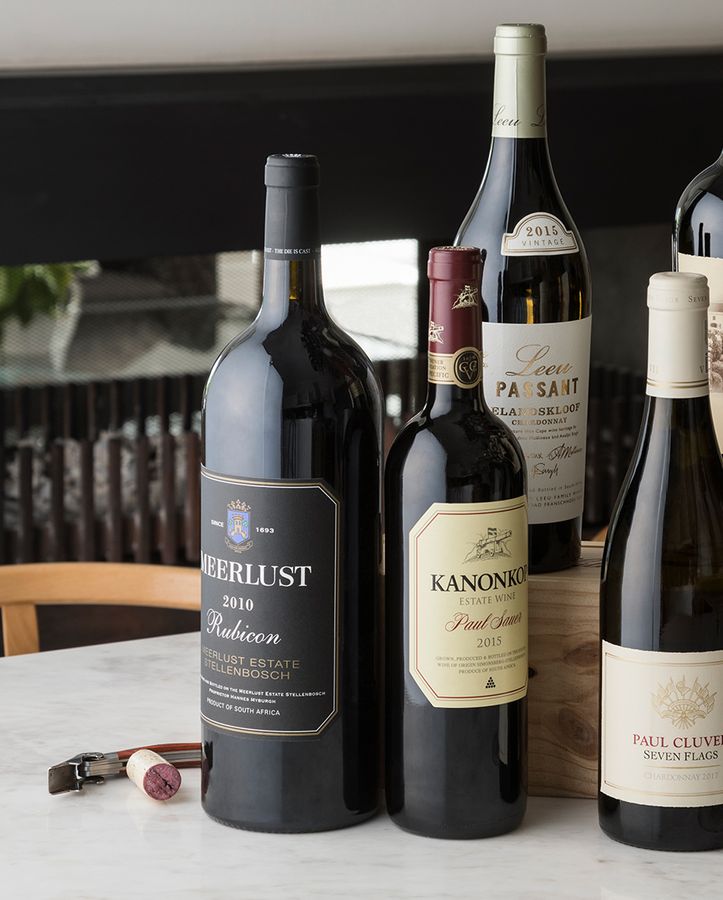It has, however, never been as close as this past year, having spent time at, and in some cases been fortunate enough to work with several Cape heritage farms.
The South African wine industry has a lot of history going for it. The proof is in the pudding. Though considered a youngster by international standards, this winemaking nation recently celebrated 363 years of winemaking. And despite its grand old age, still labeled New World along with the rest of the Southern hemisphere. But that's another topic.
Here in the Cape, many wine estates are founded on the idea of generational custodianship, an unbroken bloodline, building on the dream of their forefathers. A primal urge to protect the land and the family name. Proudly communicated on the wine, as it should be. Declaring their respect for history, heritage, and tradition. Strong family values. The very fabric of South African society.
It's a beautiful story, with fervent passion, at every level. Family heritage and traditions should be cherished and celebrated. But there's another side to this story, seldom discussed because of its sensitive nature. In the past, you were born and expected to continue on your pre-destined path, as set by your elders. There were no real options. Today, given the myriad life and career options, we naturally want the freedom of choice. This desired freedom, a challenge to traditional family structures. Not just Father to Son, but Father to his only Son (or daughter), a heavy responsibility.
While valuable, heritage cannot hold you back. For some estates, an urgent change is crucial to surviving, to succeed in highly developed markets. Once the experienced industry critics have classified you. No matter how unofficially, you will be tucked away with the old-school, old-fashioned, the ones stubbornly stuck in the dark. It takes years, sometimes even generations, to change that perception.
Kaapzicht
Here is my confession. Just over a year ago, my curiosity led me to a wine estate that I had long since classified as one only in need of a check-in every five years or so. Shamefully, I admit, I had NEVER visited until now. Situated in the red wine mecca of Bottelary Hills in Stellenbosch, Kaapzicht, a fourth-generation wine farm, is famous for its big powerful reds, one of the most consistent award-winning Pinotage and Cape-blend producers. As well as exceptional quality Old Vine Chenin Blanc vineyards, which in more recent years have made headlines under the 1947 label, Danie Steytler Jr.'s brainchild. One of the reasons I was intrigued by the brand and excitedly welcomed the opportunity to assist in the evolution of Kaapzicht. Their portfolio had always offered solid quality and good value. But I sensed the necessary shift in style from the big powerful wines of their past to fresher, fruitier, more energetic, less oak-driven, more site-specific wines, too slow. On this visit, I tasted widely, from past to present, and became aware of a silent transformation. I was especially impressed by the quality, and the exciting style shift in some of the wines still resting in tanks and barrels, the next official release.
I realised then that it was not that easy to allow the required style shift to reach the bottle. At the final blending table, change was treated with caution.
Building on the legacy of Danie Snr. and under the guidance of a hugely talented Danie Jr. and dynamic young female winemaker Kayleigh Hattingh, I understood that this family estate had started the process of handing over, from Father to Son. They were finally ready for the inexorable handover and had met it head-on, if still hugely deferential to their past.
Taking over. And letting go.
I understood the sense of responsibility and respect of the son. Yet also a need to take command. Wanting to honour a lifetime investment but also to move on. Not because they had lost touch with reality, but because there is a new reality to be considered. Painful to let go after 47 years at the helm. Thus the sense of courage required of both parties, letting go, and taking this leap of faith, was awesome to behold. A seismic shift, the wine a barometer of its success.
Having been privy to the handover and more importantly, the resulting wine has been incredibly humbling, the payoff of the great gamble instilling a quiet excitement in me for what is to come. Not only for Kaapzicht but the Estate wines of South Africa. Even if only a small percentage of them can navigate the evolutionary steps required to bring their family estates and wine into this new era - the future is bright. Seemingly bolstered by the spirit of innovation and quality above anything in the South African wine industry right now. The old guard is putting their faith in the next generation, leaving their mark but allowing the change. It is a difficult process, emotional, the search for identity, but if you’ve walked the tight rope and feel it holding your weight - that confidence might very well signal South Africa’s next step toward greatness. In wine, despite all the OTHER odds.
And I, a proud participant, especially if it means the production of wines like these.
Kaapzicht Kliprug Chenin Blanc 2021
A gorgeous example of old vine Chenin (1982). Honeysuckle and pear with a bright and lively core of freshness running through the richly textured layers. As smart as it gets. Ridiculously good value.
Bottelary Hills Estate Blend 2020
Classic with a modern twist. Traditional Bordeaux varieties with a generous smack of Syrah. A wine on a mission. Daring to challenge with a combination of licorice, peppery, inky blackness, and a lovely mix of crunchy blackcurrants and raspberry compote. Floral, herbal, juicy, dark, and spicy, all in one. A highly charismatic wine. Smashingly good value. And a no-brainer as your house wine!



